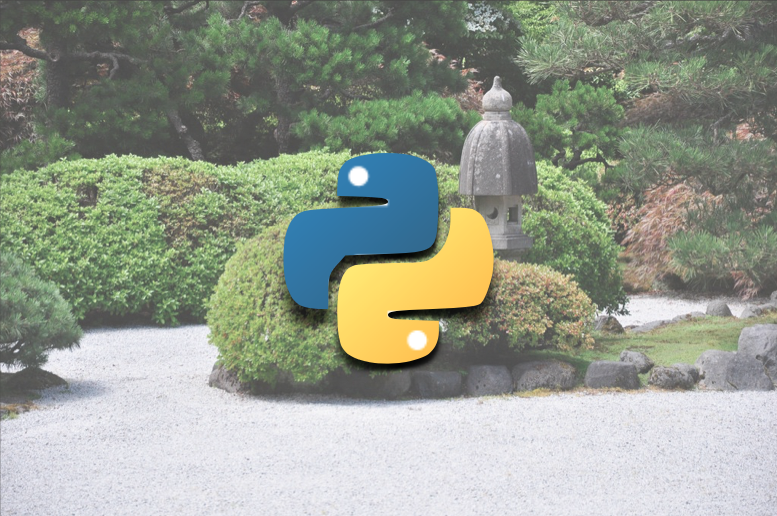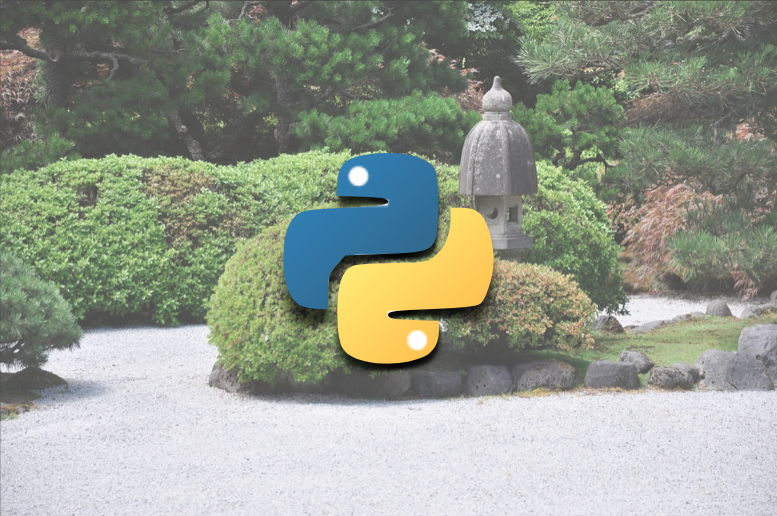--Originally published at Eduardo's Projectz
Tim Peters, uno de los mas grandes entusiastas de Python, estableció una serie de conceptos que, al día de hoy, son tomados en cuenta como una serie de conceptos que deben ser tomados en cuenta a la hora de programar.

Puedes acceder a estos conceptos simplemente tecleando import this mientras se está corriendo python en la terminal.
Traducción a el Zen de Python:
- Hermoso es mejor que feo.
- Explícito es mejor que implícito.
- Simple es mejor que complejo.
- Complejo es mejor que complicado.
- Plano es mejor que anidado.
- Disperso es mejor que denso.
- La legibilidad cuenta.
- Los casos especiales no son suficientemente especiales como para romper las reglas.
- Aunque lo pragmático gana a la pureza.
- Los errores nunca deberían dejarse pasar silenciosamente.
- A menos que se silencien explícitamente.
- Cuando te enfrentes a la ambigüedad, rechaza la tentación de adivinar.
- Debería haber una — y preferiblemente sólo una — manera obvia de hacerlo.
- Aunque puede que no sea obvia a primera vista a menos que seas holandés.
- Ahora es mejor que nunca.
- Aunque muchas veces nunca es mejor que *ahora mismo*.
- Si la implementación es difícil de explicar, es una mala idea.
- Si la implementación es sencilla de explicar, puede que sea una buena idea.
- Los espacios de nombres son una gran idea — ¡tengamos más de esas!
Lo que Peters quiso dar a entender con esto fue, básicamente, que la mejor manera de programar en Python (Y en cualquier idioma) es hacerlo de una forma clara, fácil de entender y comprender el funcionamiento.
Aunque pueda parecer tonto, seguir el Zen de Pyhton en verdad es una manera eficiente de mejorar tu nivel de realización de, no sólo programación, sino de cualquier actividad cotidiana.
Zen de Pyhton: https://github.com/python/peps/blob/master/pep-0020.txt https://www.python.org/dev/peps/pep-0020/









